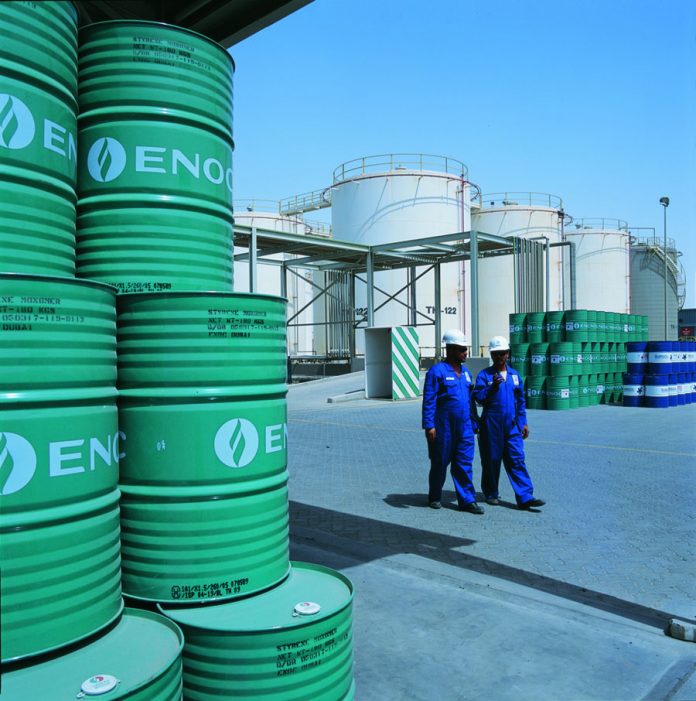
Saudi Arabia’s oil minister has agreed to freeze oil production at January levels, indicating that the country may be willing to reassess its “lower for longer” policy that has dragged down prices for more than 18 months.
Freezing output at January levels will be “adequate” and the nation still wants to meet the demand of its customers, Saudi oil minister Ali Al-Naimi said in Doha after talks with Russian energy minster Alexander Novak, reported Bloomberg.
Al-Naimi added that more steps to correct the market could be considered in a few months, according to Reuters, but said that other producers, namely Iran, would need to cooperate.
Iran, newly free from sanctions, is planning on ramping up its production levels and was absent from today’s meeting.
Venezuela’s oil minister Eulogio Del Pino said more talks would take place with Iran and Iraq tomorrow.
Before the announcement, the price of brent crude had soared six per cent to a two-week high, on hopes that the meeting of oil ministers in Qatar would bring some resolution to the continuing supply glut.
Brent crude for April delivery was up to $35.26 a barrel this morning, but fell again after the news.
Opec leader Saudi Arabia and non-Opec producer Russia were widely seen as the key influencers in the talks, but ministers from Qatar and Venezuela (which has been particularly badly hit by the oil price rout) were also present, according to reports.
The talks in Doha came after more than 18 months of plummeting oil prices, triggered by Saudi Arabia’s strategy to keep production high, which in turn lowered prices, in a hope that this would drive out higher-cost producers.
But Saudi’s plan has largely been unsuccessful; it has not driven out the competition despite hammering the profits of every oil producer.
While Venezuela has been particularly badly hit, even super-rich Saudi has been feeling the stagnation. Last year it tapped the bond market for $27bn and it is now mulling an initial public offering of its state-owned oil company Saudi Aramco.




































Not quite a production cut but the news will be a welcome respite for Saudi and other Gulf nations, who had been reeling from the oil price plunge since June 2014.
High cost producers such as Venezuela and Nigeria will also be breathing a sigh of relief at least for now.
Whether this output freeze will lead to sustained oil prices remains to be seen. In fact, this rally could be short-lived due to a global supply glut of crude. Iran, who is also part of OPEC, has pledged to increase its output now that sanctions are lifted. Let’s not forget US crude stockpiles are at record highs, exacerbating supply concerns.